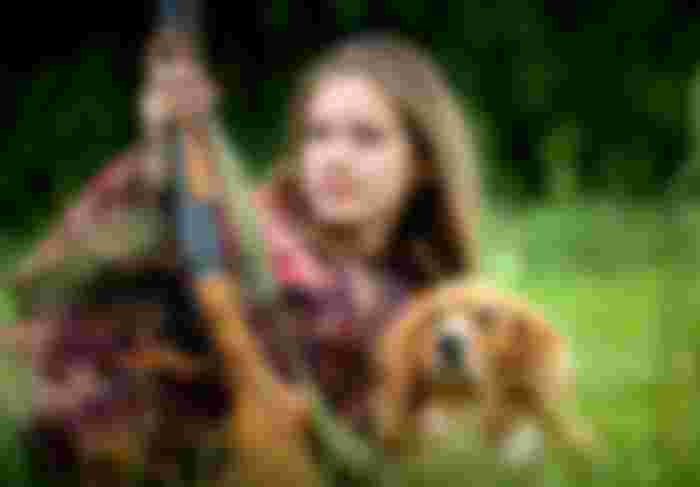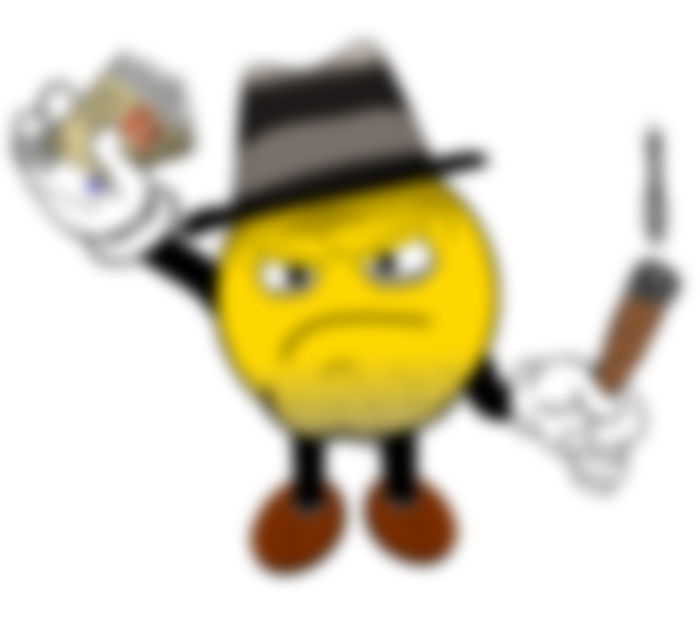Lizard Business
Lizard Business. Once upon a time a trader along with some of his assistants came to a village, and they intended to trade with local villagers.
So all the villagers, including the village head, gathered at the village hall to be informed about the merchant's buying and selling plan.
The merchant said that he intends to buy all the lizards in the forest around the village, and that he is willing to pay $ 34.71 for each live lizard.
The next day all the men and women in the village went to the forest to hunt lizards.

The first day, six hundred lizards were collected, paid in full by the traders and put in a cage that had been prepared.
The villagers were happy because the once worthless lizard was suddenly valued and bought by a trader.
The second day, five hundred lizards were collected, paid in full by the merchant.
The third day, the merchant collected three hundred lizards, paid in full by the merchant.
Until the seventh day, as many as three thousand lizards had been collected and all of them had been paid in full by the traders and kept in cages owned by the traders.
Because of being hunted continuously, the lizard population in the forest is decreasing so that the catch is also decreasing, and the villagers are lazy to go to the forest to hunt the lizard.
Finally, the trader announced that he had increased the purchase price, from $ 34.71 per head to $ 52.07 per head.
The villagers were excited to hunt lizards again, even though it was difficult to find them.
Finally, two hundred lizards were collected and paid in full by the merchant for $ 52.07 per head.
A week later, none of the villagers brought lizards for the traders to buy, so in the end the traders raised the purchase price of the lizards to $ 69.43 per head.
The villagers finally got excited again to hunt lizards in the forest.
Everyone in the village went to the forest, men and women, young and old. Everyone hunts lizards.

In the end, only fifty lizards were collected, and all of them were paid in full by the merchant.
The reduced number of lizards caught prompted traders to come back and double the purchase price of the lizards, which is $ 208.29 per head, but traders had to return to town for a month to raise money, to pay in full. the lizard he is going to buy.
The next day, after the merchant had gone to the city, one of the merchant assistants returned to gather all the residents at the village hall.
The assistant offers the villagers what if the villagers buy all the lizards in the merchant's cage for $ 173.57 per head, and then the villagers can sell them back to the merchant for $ 208.29 per head, after the merchant returns from town.
The assistant will tell the merchant that the cage door is broken, so the lizard in the cage runs away and returns to the forest.
Eventually the villagers agreed to buy the lizard in the cage from the assistant, as they had envisioned a profit of $ 34.71 per head without having to hunt in the forest.
Each resident eventually collected money, some took from savings, borrowed from relatives, pawned gold, borrowed from banks, sold vehicles, sold land, and so on.
After all the lizards in the merchant's cage were bought by the villagers, at night the assistant quietly left the village with all the money from the sale of the lizards.
The next day, the villagers remained stunned, the assistant had left and the merchant never returned to the village.
The villagers cry because they raise thousands of lizards, have no property, have large debts and empty cages.
From the illustration above, believe it or not, a trader with a turnover of $ 56,410,737.50 and spending only $ 118,028.62 in capital makes a net profit from trading lizards of $ 44,607,875.50. If you don't believe it, try to count it yourself.

In this lizard business there are two types of games that are played:
1. Mining or Commodity Harvesting = Greedy Game. The most beneficiaries are people who sell equipment for mining and harvesting commodities.
2. Commodity Trading = Gambling Game. The ones that benefit most are the organizers of the trading (buying and selling) of commodities.
The key to success is quitting when you are at the top. Do not be greedy.



This is exactly the story, that we get to listen to in our community when it comes to the topic of bitcoin. You have taken as lizard business but we taken in form of monkey coin. This is why people in my vicinity don't believe in Bitcoin they call it as monkey coin.